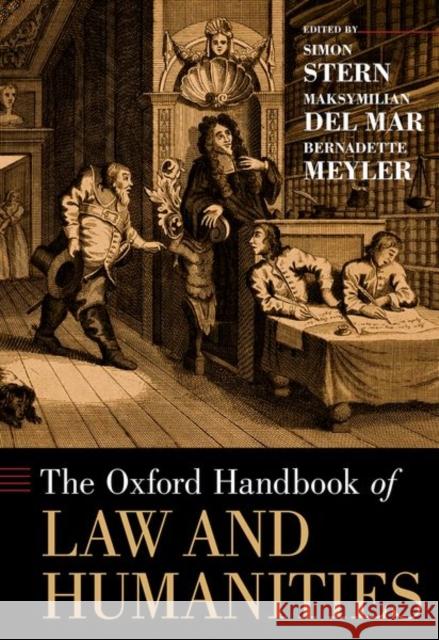The Oxford Handbook of Law and Humanities » książka
topmenu
The Oxford Handbook of Law and Humanities
ISBN-13: 9780190695620 / Angielski / Twarda / 2020 / 920 str.
Kategorie:
Wydawca:
Oxford University Press, USA
Język:
Angielski
ISBN-13:
9780190695620
Rok wydania:
2020
Ilość stron:
920
Waga:
1.67 kg
Wymiary:
24.89 x 17.78 x 5.84
Oprawa:
Twarda
Wolumenów:
01
Dodatkowe informacje:
Bibliografia
Wydanie ilustrowane
Wydanie ilustrowane











